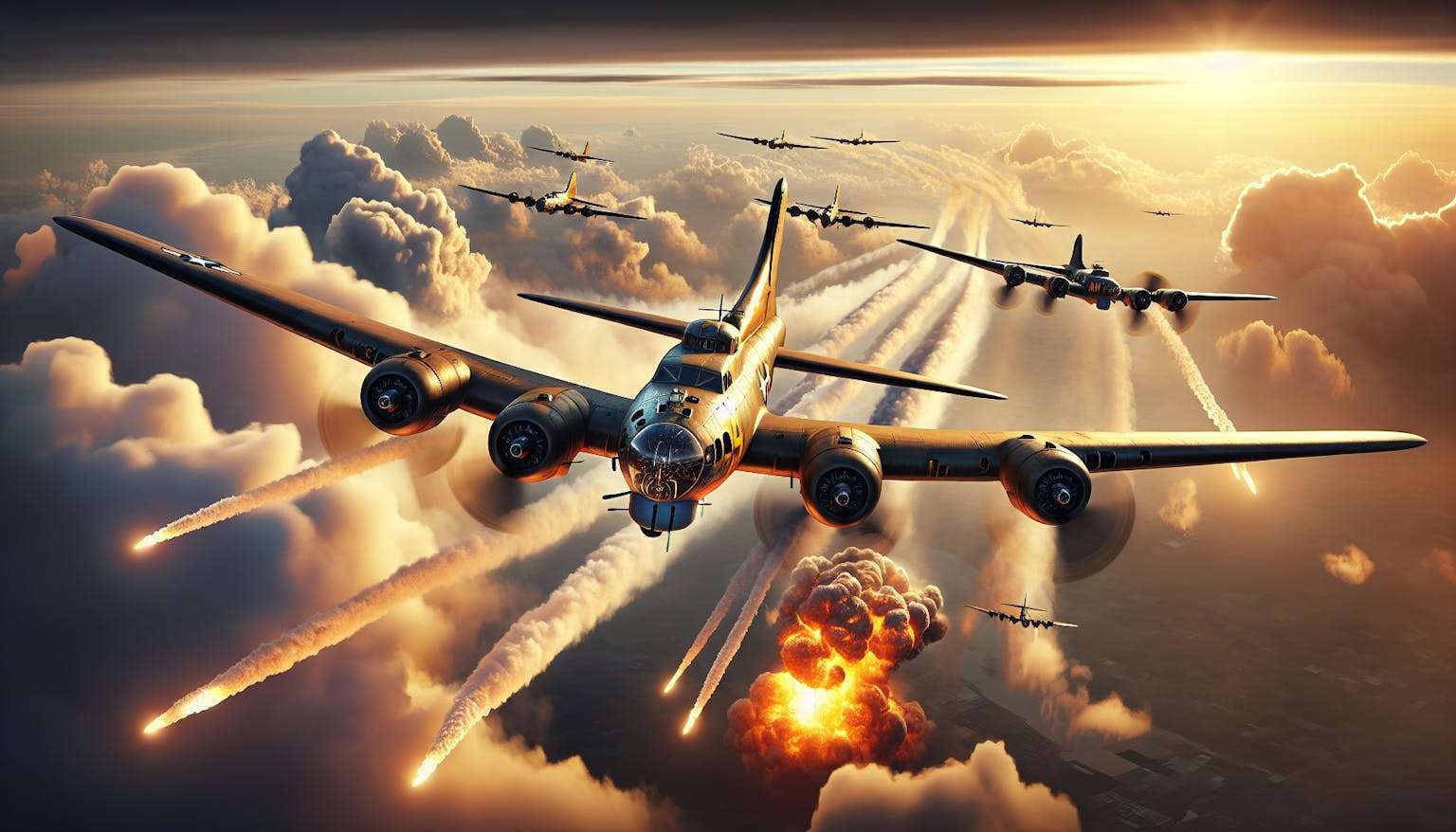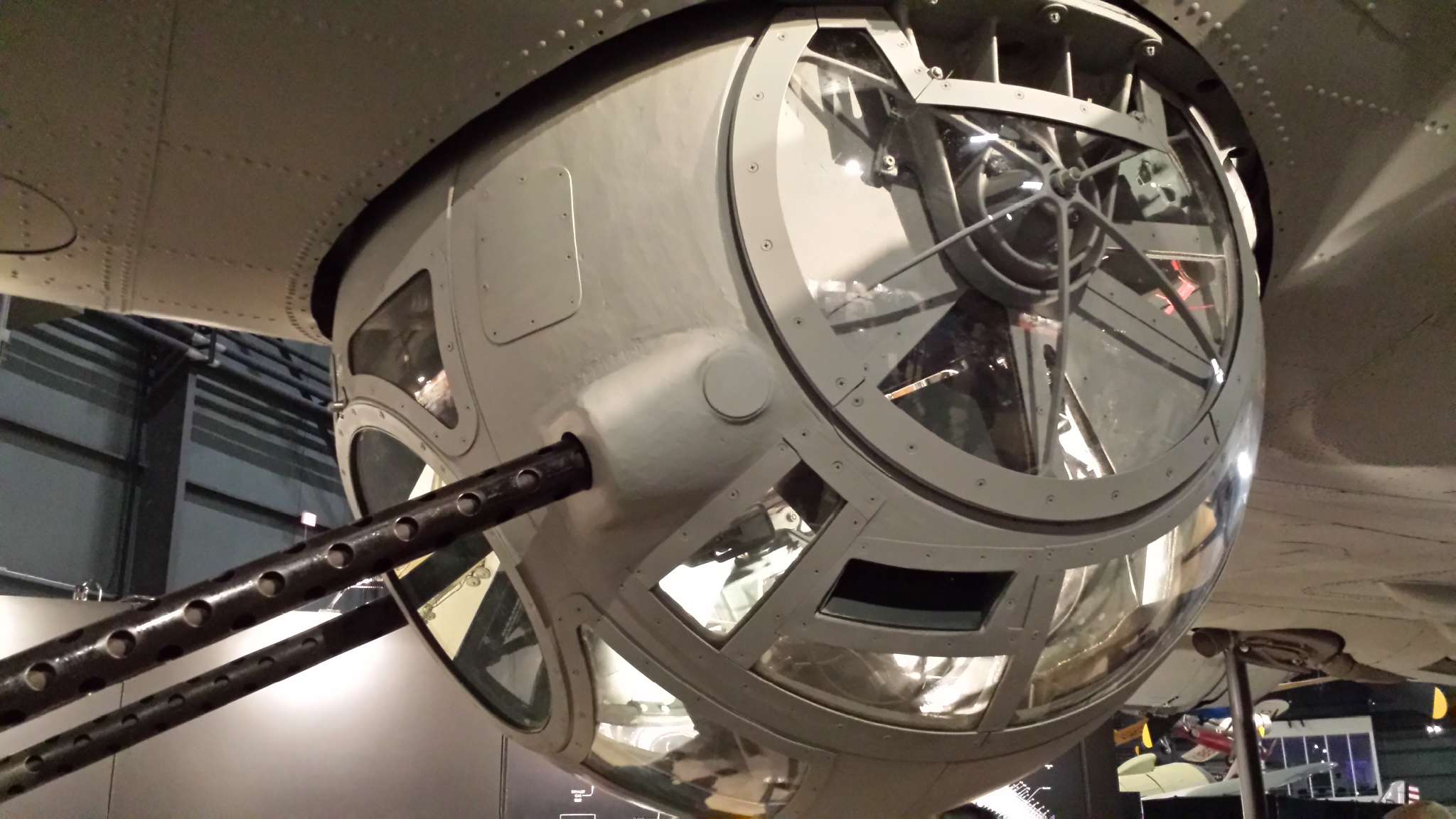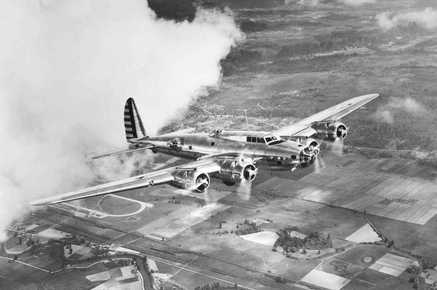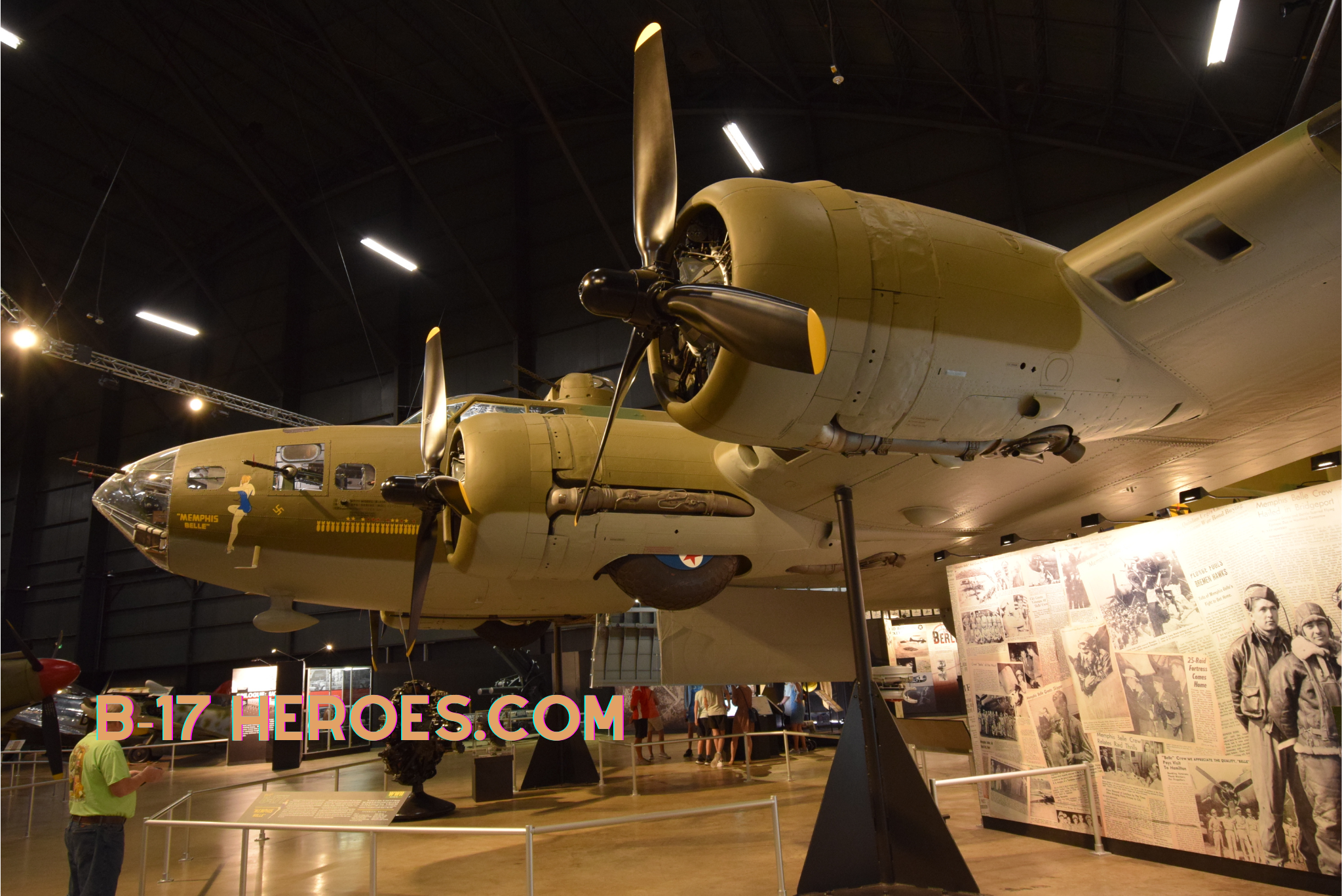Berlin was bombed 363 times during World War 2.
On October 18, 1944, the United States Army Air Forces (USAAF) conducted a major bombing raid on Berlin, the capital of Nazi Germany. This raid is considered one of the biggest wartime raids on Hitler’s capital.
During the mission, a large armada of American bombers encountered German flak (anti-aircraft fire), which inflicted significant damage. More than half of the bombers, 714 planes, sustained damage from German anti-aircraft fire. Sixteen planes suffered hits so severe that they had to crash land behind Soviet lines. In total, 24 bombers and six fighters were lost on the mission. The German Luftwaffe lost just three pilots.
Despite the German Luftwaffe’s efforts, they were unable to prevent the majority of the American bombers from dropping their payloads on Berlin. The bombers targeted the city’s rail yard, but due to their customary inaccuracy combined with intermittent cloud cover, more than 3,000 tons of bombs impacted all over the city. The exact number of Germans killed in the raid is unknown due to the previous devastation of Berlin and the presence of refugees in the city. Conservative estimates put German civilian losses around 3,000.
It is important to note that the bombing of Berlin on October 18, 1944, was part of the broader Allied strategic bombing campaign against Germany during World War II. The goal of these bombing missions was to disrupt German industry, infrastructure, and morale, ultimately weakening the German war effort.





